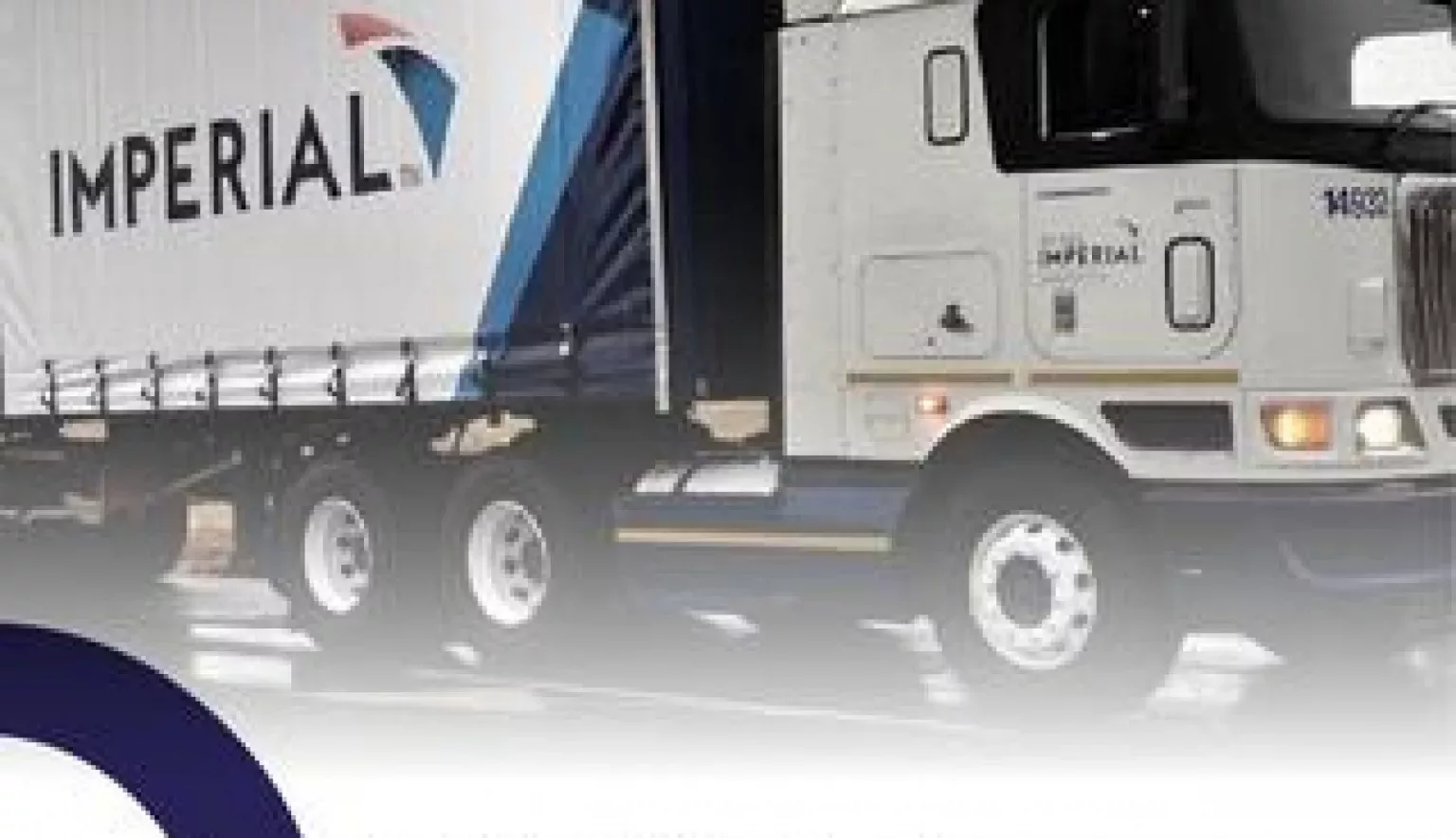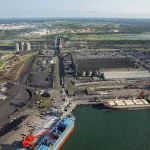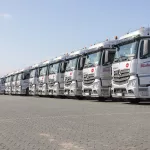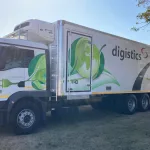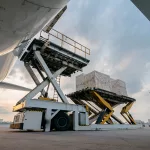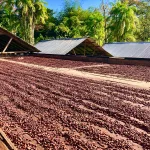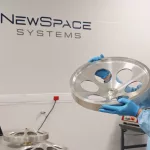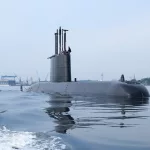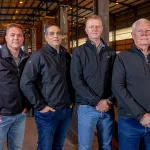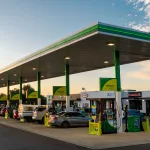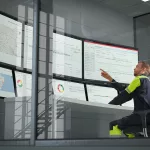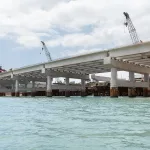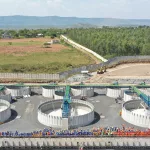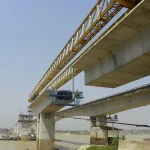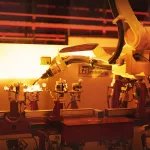Imperial Logistics and its ongoing acquisitional drive has ventured into new industry territory over the past two years as it continues to diversify its supply chain offering and footprint.
PHARMA FOCUS FOR THE FUTURE
Imperial Logistics continues to lead the way in Africa’s supply chain market as a strong 2014 and a concerted focus on further strategic acquisitions prepares the renowned logistics and outsourcing specialists for varying market conditions across Africa.
While its influence in South Africa remains dominant – realising six percent real organic revenue growth, as well as minor growth through acquisitions – the business also achieved 23 percent revenue growth for the year ending June 30, 2014 across its entire continental operations; an achievement which Chief Business Development Officer, Cobus Rossouw attributes to the diversification of Imperial Logistics’ operations.
“2014 has been another great year for Imperial Logistics in Africa, where revenue, excluding Africa, increased organically by 17 percent in real terms and a further 14 percent from acquisitions,” he says. “Given the scale of our operations, including South Africa as well, overall revenue exceeds R22 billion which is very rewarding.”
Rossouw is confident now that the vast array of services within the organisation leaves the company in a prime position to overcome any foreseeable challenges moving forward into 2015.
He continues: “The slowdown in growth in some markets is concerning and we need to adapt to that. The increasing cost of logistics, driven by fuel cost and currency devaluation, is placing our clients under even more pressure. The challenge is to find even more gains in efficiency to counter these costs.
“By combining logistics, sales and even marketing services, we mitigate some of the risks and constraints through the end-to-end ownership of the value chain on behalf of our principals.”
PHARMACEUTICAL DRIVE
Forming a key component of the company’s overall risk management and proactive continuous improvement strategy, much of 2013 and 2014 has revolved around a drive into the pharmaceutical industry, bringing its world class logistics capabilities to yet another sector of African business.
“We entered the pharmaceutical industry through the acquisition of RTT Medical at the start of 2013, which provided an excellent footprint in Kenya, Nigeria, Ghana and Malawi as well as established industry leadership in South Africa,” Rossouw explains. “Subsequently, we have acquired Eco Health in Nigeria and Ghana, Fine Chemicals in Botswana, Imres based in The Netherlands [providing humanitarian services in various African countries], and Pharmed, a leading distributor in South Africa.”
The combined attributes stemming from these acquisitions cements Imperial’s position as the clear industry leader across sub-Saharan Africa, as the company continues to leverage synergies to service its brand-owner principals.
Rossouw adds: “Our service offerings now span traditional logistics, distributorships, procurement and wholesaling which provides comprehensive alternatives to enable the routes-to-market of our principals.
“The different healthcare stakeholders – brand owners, donors, governments, etc. – all have different requirements in different countries and regions, and we are able to assist them to achieve their objectives.
“We will continue to expand our network, specifically in the regional clusters of sub-Saharan Africa where we do not have a footprint yet.”
COMPETITIVE EDGE
Complementing all acquisitions and growth strategies is Imperial Logistics’ unwavering focus on improving the competitiveness of its clients, customising its services through the business’s vast experience in outsourced value chain management.
“Since we are in the business of outsourcing, we recognise the choice our clients make to entrust us to perform some of their business processes,” Rossouw explains. “We are building the Imperial brand as an end-to-end service provider, specifically focused on the consumer products and pharma routes-to-market across sub-Saharan Africa.
“Evidence of this lies in our ability to retain, expand and gain engagements with our strategic partners and other clients alike. We have been very successful, despite increased competitive pressure.” Competitive pressure comes hand in- hand with the tag of market leader, but Imperial has never been one to rest on its laurels, as its 100 South African acquisitions over the past 40 years testify.
“The proven Imperial acquisition model is to retain management and link their rewards directly to acquisition performance. We add some specific skills and capabilities to the businesses to ensure that we leverage our experience and extract synergies.”
On this basis, Imperial Logistics is acquiring businesses of all sizes, with the total revenue from acquisitions in the pharmaceutical environment alone set to surpass R5 billion over the coming months.
DIVERSIFIED SOLUTIONS
The company’s pharmaceutical drive derives from a continuous monitoring and adaptive philosophy regarding industry trends and fluctuations, and subsequently identifying the most profitable areas of business moving forward.
This ethos also comprises the ability to customise its own service offerings for each client, catering for a general rise in customers requiring multiple logistics services.
“We are expanding our exposure to our clients through additional services,” Rossouw says. “This follows on from the maturing of our relationships and our developing capabilities in non-traditional logistics operations.
“Most notably is the convergence of logistics planning and execution. Traditionally companies either perform planning internally or use a separate provider from logistics execution. We have been able to secure multiple engagements where we perform integrated logistics planning and execution services.”
This diversification has been largely driven by the demand for enhanced logistics efficiencies, and Imperial has managed to tick all the relevant boxes in reducing costs, through transport demand management.
The same considerations are also made in dealing with regional differences throughout its African operations; the company’s South African model is not always literally transferable to the rest of the continent.
Rossouw explains: “The SA market is quite mature, where clients tend to have established markets. Service providers have strong capabilities and I believe we are on par with the rest of the world.
“Companies tend to outsource more logistics planning than developed markets, where internal capabilities are quite well established. The challenges for integrated logistics planning are bigger in SA, given our relatively small scale and long distances, compared to western markets.
“In other countries in Africa, consumer demand and infrastructure is still developing, albeit at a rapid pace. Service providers are quite fragmented and/or specialised. Cross-border transport remains a key focus for most 3PLs, but Imperial is focusing on the integrated route-to market solution.”
SKILLS DEVELOPMENT
Adding a further string to Imperial’s bow has always been its dedication to not only its profit margins and business success, but also to the care it provides to the people surrounding the company, whether they be employees or the local communities.
The international presence of the company makes Corporate Social Responsibility (CSR) all the more prevalent and is something that Rossouw is proud of emphasising.
“Compassion for the communities in which we live and work is one of the keystones at Imperial. We focus on giving back to the communities in which we live through active involvement and investment in education and wellness funds that supports black South Africans.
“We recognise the shortage of skills as a key constraint to GDP growth and infrastructure development and we are therefore actively involved in various skills development initiatives. “Imperial is responsive to the needs of our community and during these times we roll up our sleeves, put our intelligence to work and strive to really make a difference.”
This same difference infiltrates the internal structure of Imperial too, epitomised by the company’s inhouse training offering, The Imperial Logistics Academy.
Established in 2013, the academy is accredited by the Transport SETA (Sector Education and Training Authority) in South Africa and comprises programmes customised to reflect the Imperial way and Imperial Logistics’ best practice.
“Subject matter expertise from within the organisation contributes to the training programmes by way of content development, guest lecturing and/or mentorship,” Rossouw explains.
The main focus areas surrounding people management include learnership programmes aligned to National Qualifications; higher education qualifications in logistics and supply chain management offered through an institutional partnership; skills development programmes; short courses; and work experience programmes for students.
FUTURE GROWTH
Having systems in place to engrain sustainability and consistency within the organisation complements the flexibility of Imperial Logistics’ supply chain operations, making the resulting combo a formidable one for industry competitors, and critical for the future aspirations of the company, also.
“We entered the market as a transport business. This remains critical today, but is now only part of the requirement,” Rossouw concludes. “Customers want services across the supply chain spectrum, including integrated and end-to-end services.
“Moving forward, we will continue to expand into Africa through leveraging our capabilities, partnering with the appropriate in-country specialists and acquiring businesses. Much of our growth has been in pharma, but we continue to expand our consumer products businesses in southern Africa; and we will grow similarly in West and East Africa.”

